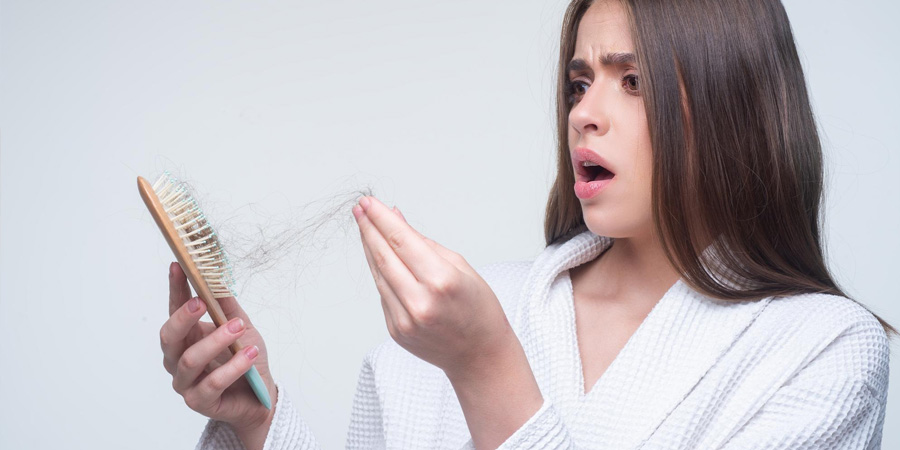
Cancer treatment is a tough ride that tends to be accompanied by emotional and physical changes, one of the most apparent being hair loss. Chemotherapy, radiation, and some targeted treatments have the potential to induce temporary hair loss, creating concerns regarding looks and self-worth. But the good news is that hair loss following cancer treatment is reversible. Most survivors ask, “How long will it take for my hair to grow back?”
The answer isn't the same for everyone, but knowledge of the process can reassure during recovery.
Hair loss, or alopecia, occurs when cancer treatments such as chemotherapy and radiation act on fast-growing cells. Although killing cancer cells is necessary, hair follicles—some of the body's fastest-growing cells—are also affected. All cancer therapies do not result in hair loss, but chemotherapy does, while radiation can only result in hair loss in the treated area.
Hair loss may begin within 2 to 4 weeks of initiating treatment. It can fall out in clumps or gradually from the scalp, eyebrows, eyelashes, and body hair. This is a temporary phase in most patients, and regrowth typically occurs after stopping treatment.
The timing of hair regrowth depends on treatment type, individual health, and genetics. Below is a typical timeline of what you can look forward to:
Although there isn't any magic cure that will reverse hair loss immediately, a few suggestions may aid in healthy hair growth:
Hair loss is more than aesthetic—it can impact self-esteem and confidence. Each survivor decides whether to wear wigs, scarves, hats or rock a bald head. Support groups, counselling, and meeting other cancer survivors can provide comfort and helpful tips.
Recovery from hair loss following cancer treatment takes time and patience. On average, measurable regrowth begins a few weeks to months following treatment, and fuller regrowth usually occurs in one year. While texture or colour might be different at first, most cancer survivors report their hair coming back—often a significant milestone in recovery.
Keep in mind that each person's experience is different. If the hair regrowth is slower or you are worried, talk to your healthcare team for advice and reassurance. Recovery takes time, but hope, strength, and kindness will carry you through this process.